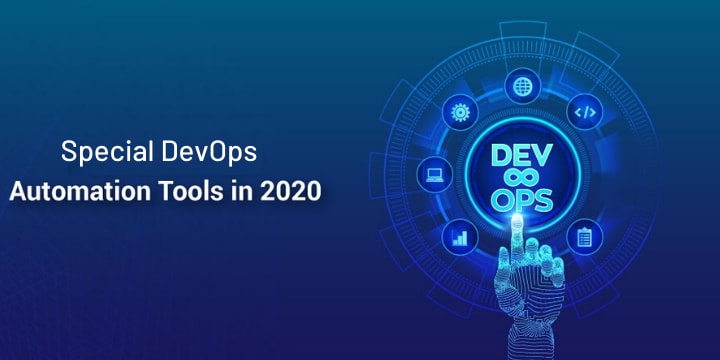
DevOps is a technical approach that joins software development Dev and IT Operations to allow companies to provide software solutions and updates to users with automation. Today, developers are having a list of DevOps tools to meet their every requirement.
Here are the Special DevOps Automation Tools:
1) Puppet
A Puppet is an advanced tool that is designed for configuring, deploying, and handling servers for faster and protected deployment. Being a cross-platform configuration management DevOps tool, it is possible to configure each host in the infrastructure and work with servers. Professionals at DevOps managed services can do it by scaling up and down the machines.
Puppet is intended to track the process and check if the configuration is rightly done or not. If it is not, it will re-apply the configuration over the host. Having the master-slave architecture allows communication via a protected encrypted channel. You can manage multiple teams and resources and handle disasters without fail.
2) Docker
Docker is among the most influential DevOps tools available for DevOps professionals. With Docker, they can build and run distributed apps efficiently.
How does Docker work? It creates isolated environments for container apps. This way, the chance of conflicts between the apps gets eliminated. When developers isolate apps into separate containers, they make apps portable and secure.
Benefits of using Docker:
- Faster Deployment
- Distributed development practice
- Automate app deployment
3) OverOps
This is another DevOps tool that helps the team in finding the main cause of the error or server crash. The tool helps find the reason behind code lynching in production. DevOps teams can get comprehensive source code which ultimately helps them fix the bug. It can even address the exact location where a bug occurred.
4) Splunk
Splunk is one of the best DevOps tools which include an analytics solution. Splunk offers actionable insights that help DevOps teams in achieving operational intelligence for the project. Splunk is the best options for those who want to search, analyze, and visualize automated data and logs in real-time. It can also help in analyzing the machine state and detect the main failure point of the hardware.
5) Snort
Snort is among the leading finest open-source tools available for DevOps professionals for security. DevOps teams can easily detect intruders and notify them if any malicious attack happens against the system. Snort offers the capability to the professionals with which they can analyze live traffic along with packet logging. The team can even analyze protocol, find and match contents. It can also detect CGI attacks and other attacks on the system.
6) Ganglia
Ganglia are among the popular distributed monitoring tools that DevOps professionals can apply for achieving high-performance computing systems. DevOps professionals using Ganglia can remotely view live or historical statistics for every machine being monitored by them.
7) Git
Git is a high rated DevOps tool in IT which enables to track their project progress. They can save many versions of their source code with the Git tool. Developers can return to an older version when required.
8) Bamboo
Bamboo shares several similar features of Jenkins. It is a widely used DevOps tool that enables developers to automate the delivery pipeline. It has several pre-built functionalities that developers can set-up their own in Jenkins.
9) Ansible
Ansible is one of the premium configuration management tools crafted for DevOps teams for configuring their infrastructure and automating deployment. The tool follows the same IAC (Infrastructure as Code) approach just like Puppet.
10) Nagios
Nagios is also a popular and one of the mainstream open-source, free DevOps monitoring tools. With Nagios, developers can monitor their infrastructure and detect issues and get them fixed. Using Nagios can help them in keeping event records, tracking outrages, and failures.
How to know which DevOps tool is right for your project?
It’s not like you can use any of these ten DevOps tools listed above. Finding suitable DevOps tools demands some testing and experimentation. Also, DevOps is a much-needed thing for federal agencies as it ensures secured product delivery. You will need to invest more time in setting up and configuring open-source tools. Many tools are available with a free trial option. You can test and evaluate them at zero cost.


Top comments (0)